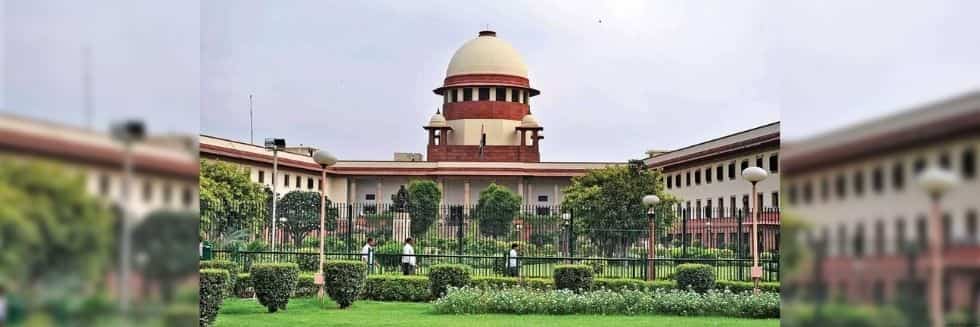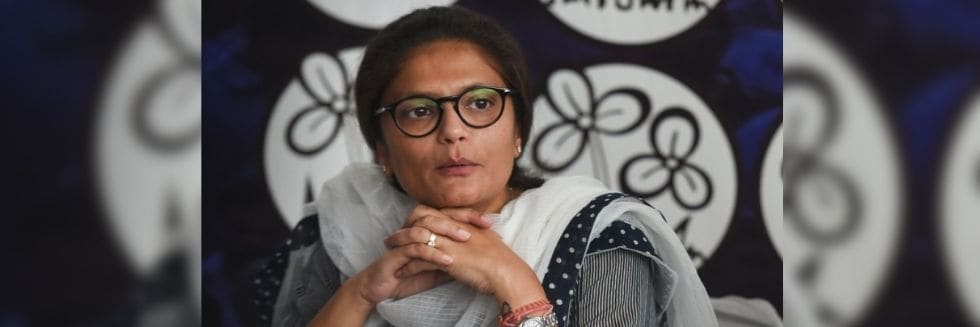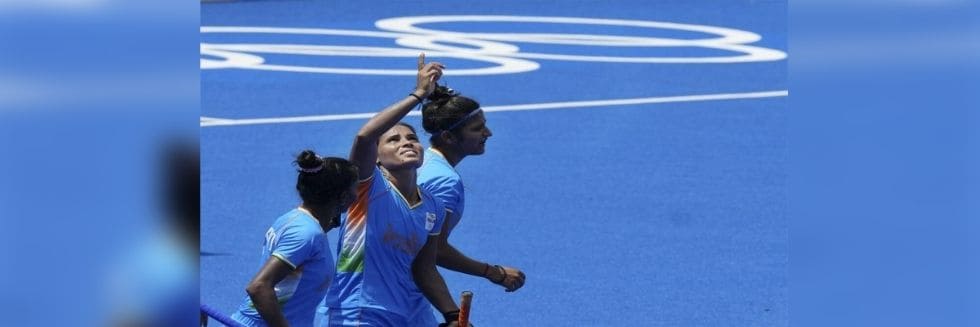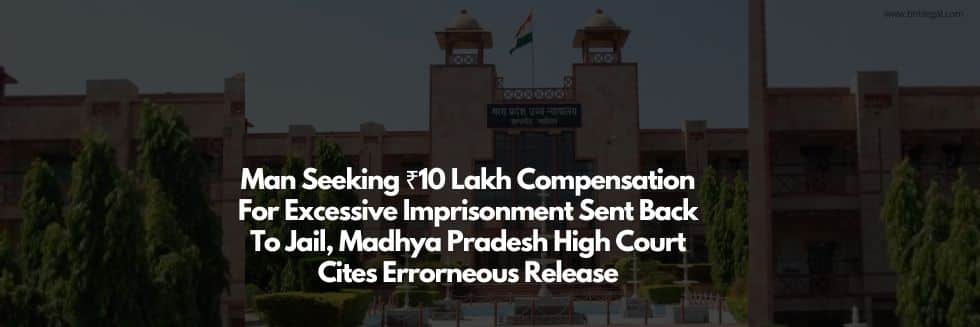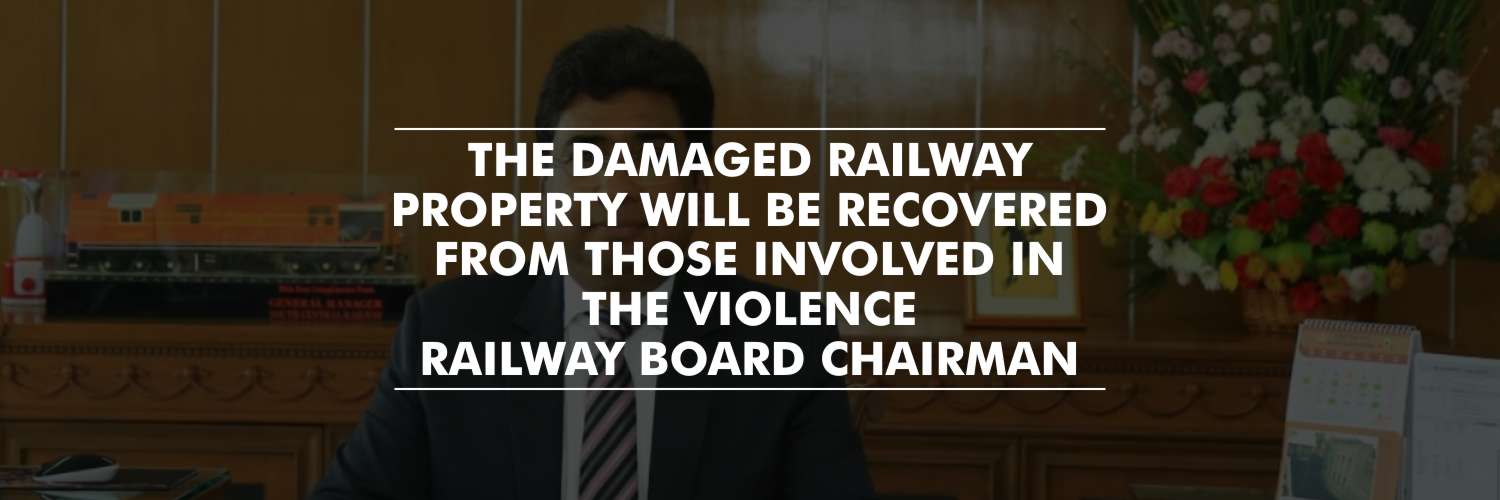In a major decision, the Supreme Court on Monday held that no individual can be forced to get vaccinated and the right to bodily integrity of a person under Article 21 of the Constitution of India includes the right to refuse vaccination.
The top court noted that vaccine mandates imposed by different states and UTs in context to the COVID-19 are not proportionate.
No substantial data has been produced on record to show that the risk of transmission of COVID-19 virus from the unvaccinated persons are higher than from vaccinated persons, the bench said.
The bench comprising Justice L Nageswara Rao and Justice BR Gavai stated that the government is entitled to impose restrictions on the individual rights in the interest of public health. However, these restrictions should meet the three-fold requirement including legality, legitimate need and proportionality laid down by the Supreme Court in Puttaswamy judgment.
“No data has been provided by the Union of India or States before us controverting the material placed by petitioner which indicates that the risk of transmission by unvaccinated is at par with vaccinated.In light of this, the vaccine mandates cannot be said to be proportionate till the infection rate remains low and new development of research emergence which justifies the mandate,” the bench said.
Therefore, the bench has suggested private as well as educational institutions to review the vaccination restrictions. However, the court clarified that these directions is only confined to the present situation of COVID-19 in the country. It does not extend to any other directions on COVID-19 appropriate behaviour issued by the authorities, the bench said.
The bench also held that current vaccine policy is not “unreasonable” considering the seriousness of illness, reduction in oxygen levels, mortality rate and expert opinion.
Besides this, the apex court has also directed the government to publish reports on Adverse Events Following Immunisation(AEFI) from the public and doctors on a publicly accessible system without compromising data of the individuals who are reporting the same.
While addressing the matter related to COVID-19 vaccination for children, the bench stated, “On paediatric vaccine, it is in tune with international standards. We direct the Union of India to make sure the key findings of the stages of trial already approved for children be made public at the earliest.”
The bench was hearing a petition filed by Jacob Puliyel, former member of the National Technical Advisory Group on Immunisation (NTAGI). Jacob argued that the states mandating vaccination for accessing benefits or services is a violation of citizens’ rights, and therefore, unconstitutional.
